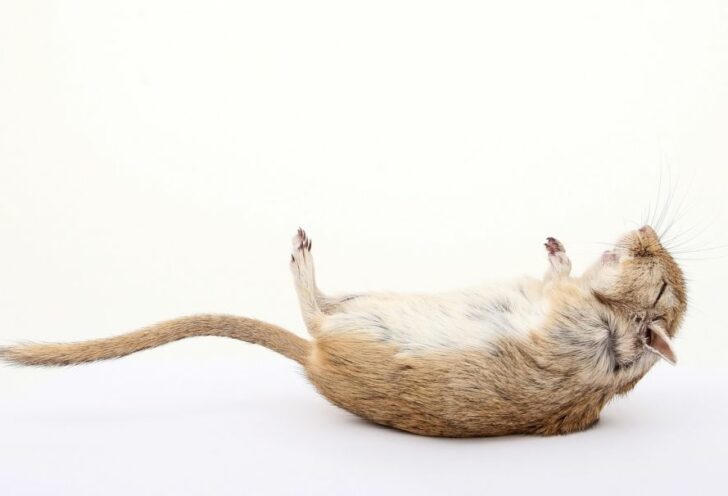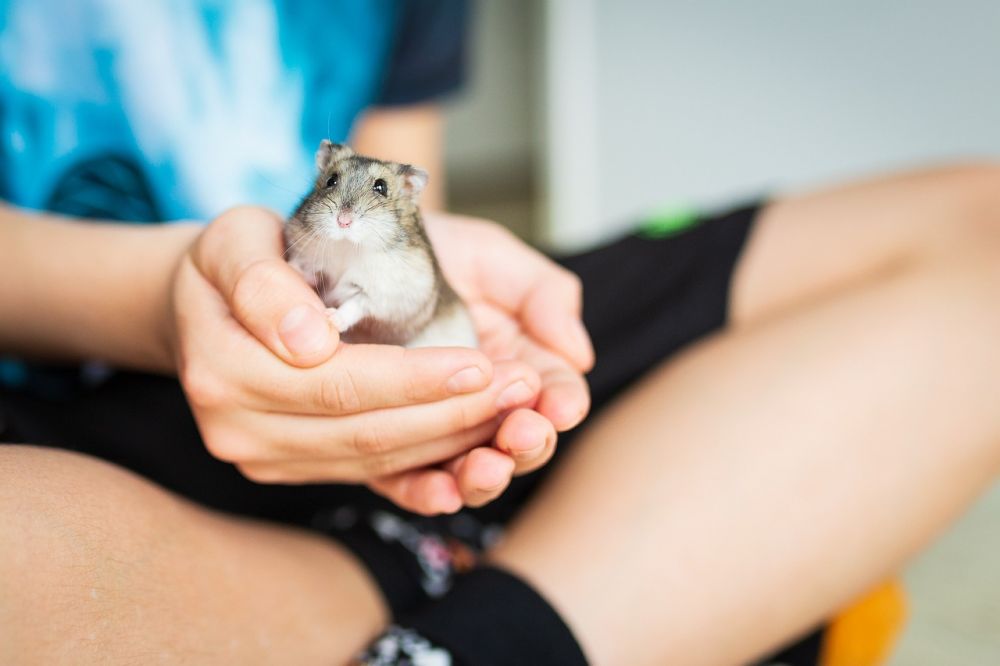Syrian hamsters, also known as golden hamsters, are popular pets that are widely bred and kept by many people around the world

In this comprehensive article, we will provide an in-depth overview of the Syrian hamster, including its characteristics, types, popularity, quantitative measurements, variations, and a historical review of their pros and cons.
1. General Overview of Syrian Hamsters:
Syrian hamsters are small rodents belonging to the family Cricetidae and are native to the arid regions of Syria and Turkey. They are solitary animals that prefer to live alone, unlike other hamster species. These hamsters typically have a lifespan of about 2 to 3 years and are known for their docile nature.
2. Types and Popularity of Syrian Hamsters:

There are various types and color variations of Syrian hamsters, including the Golden Syrian, Black Syrian, Cream, Satin, and Tortoiseshell. Each type exhibits unique fur colors and patterns, adding to their popularity as pets. The Golden Syrian hamster is the most common and popular type, widely recognized for its golden-tan coat.
3. Quantitative Measurements of Syrian Hamsters:
Syrian hamsters have an average length of 5 to 7 inches (13 to 18 cm) and weigh around 4 to 6 ounces (115 to 170 grams). These measurements may vary depending on the individual hamster’s size and health. Female Syrian hamsters are generally larger than their male counterparts.
4. Differences among Syrian Hamsters:
Although all Syrian hamsters share similar characteristics, there are slight differences among them. These differences can include variations in fur color, patterns, and temperament. Some Syrian hamsters may be more active and sociable, while others may be more reserved and prefer solitude.
5. Historical Review of the Pros and Cons of Syrian Hamsters:
Over the years, Syrian hamsters have gained popularity as pets due to their adorable appearance and relatively easy care requirements. They are suitable for individuals or families looking for low-maintenance pets. However, it is essential to consider the pros and cons before bringing a Syrian hamster home.
Pros:
– Syrian hamsters are generally friendly and can be easily tamed with proper handling.
– They are relatively low-cost pets and do not require extensive living spaces.
– Syrian hamsters have a clean nature and groom themselves regularly.
– They can provide companionship and entertainment for their owners, especially during playtime.
Cons:
– Syrian hamsters are nocturnal animals, which means they are most active at night and may disturb sleep patterns if kept in bedrooms.
– They require a balanced diet consisting of fresh fruits, vegetables, and a variety of hamster pellets.
– Some individuals may show aggression towards other hamsters and need to be housed alone.
– Syrian hamsters have a short lifespan, which can be emotionally challenging for their owners.
By structuring the text in a format that includes and H2 tags, as well as incorporating relevant keywords, the likelihood of the article appearing as a prominent snippet in Google search results increases. Additionally, including a [INSERT VIDEO HERE] placeholder allows for the easy insertion of a video clip related to Syrian hamsters, providing visual content for the audience.
Overall, Syrian hamsters are fascinating creatures that make wonderful pets for individuals or families seeking companionship. Their unique characteristics and variations offer a wide range of options for prospective hamster owners. Understanding the quantitative measurements, differences among Syrian hamsters, and historical pros and cons of keeping them as pets can help potential owners make informed decisions about welcoming these adorable creatures into their homes.





















